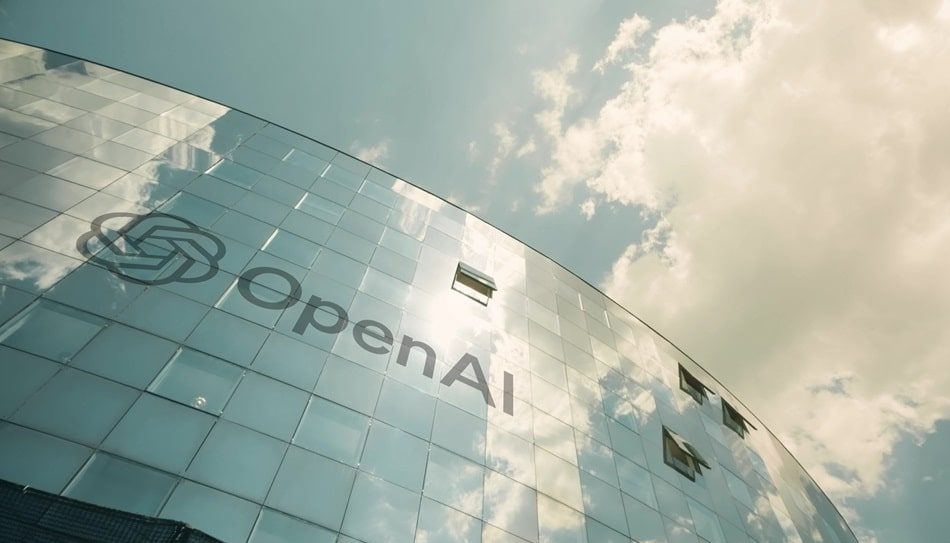OpenAI is planning a significant transformation from a nonprofit entity to a for-profit company, coinciding with substantial shifts in its leadership.
The move was confirmed following the abrupt resignation of Chief Technology Officer Mira Murati on Wednesday. It signals a major departure from OpenAI’s original mission.
The Journey from Nonprofit to For-Profit
Founded in 2015, OpenAI began with a vision to develop AI technology “to benefit humanity as a whole, unconstrained by a need to generate financial return.
However, things took a dramatic turn after the release of ChatGPT in late 2022.
The AI tool’s instant success drew global attention, prompting OpenAI to shift its focus towards launching new products and services.
As OpenAI’s AI-powered offerings gained traction. The organization hired a large team of sales, strategy, and finance professionals.
This change in priorities caused friction within the company. Some early employees voiced concerns the pursuit of profit was overshadowing OpenAI’s original mission of building safe AI systems.
Recent Leadership Departures
OpenAI has witnessed a notable exodus of high-profile personnel this year.
Murati, co-founder and former Chief Scientist Ilya Sutskever, co-founder and researcher John Schulman, top researcher Jan Leike, and co-founder and former President Greg Brockman have all left.
Elon Musk, another co-founder and OpenAI’s first investor has even sued the company, alleging CEO Sam Altman and Brockman misled him about OpenAI’s nonprofit status. The organization has denied Musk’s claims.
His first lawsuit was dropped, but he has since sued again.
Need Career Advice? Get employment skills advice at all levels of your career
The Shift to a Public-Benefit Corporation
OpenAI plans to transition into a public-benefit corporation. This will allow it to maintain its mission of creating social good while operating sustainably.
The nonprofit arm of OpenAI will continue to exist and own a stake in the new for-profit company, though its specific mission is yet to be determined.
CEO Sam Altman is expected to own a stake in the for-profit venture, marking the first time he will have a personal financial interest in OpenAI.
The restructuring aims to make OpenAI more attractive to investors. The move comes as it seeks to secure a funding round worth up to $6.5 billion.
Major players like Thrive Capital, Microsoft, Apple, Nvidia, and the United Arab Emirates firm MGX have expressed interest in investing.
Unlike previous investors, those participating in the latest funding round won’t face a cap on the profits they can earn. If the restructuring isn’t completed within two years, the new investors may request a refund of their investments.
Internal Turmoil and Leadership Changes
Murati’s resignation was followed by the departure of Chief Research Officer Bob McGrew and Vice President of Research Barret Zoph.
Murati’s exit is particularly impactful, as she managed much of OpenAI’s daily operations and was considered one of Altman’s top deputies.
In a statement posted online, Murati reflected on her tenure, stating:
“I’m stepping away because I want to create the time and space to do my own exploration.”
CEO Sam Altman has indicated he will now dedicate more time to the technical and product aspects of the company.
In a message to employees, he said:
“Leadership changes are a natural part of companies, especially companies that grow so quickly and are so demanding.
“I obviously won’t pretend it’s natural for this one to be so abrupt, but we are not a normal company.”
A Complex Transition Ahead
The shift to a for-profit model will be a gradual process, potentially taking years to finalize.
OpenAI’s restructuring is seen as a strategy to make the organization more appealing to investors, ensuring its future growth and development.
Despite the changes, an OpenAI spokesperson emphasized:
, “We remain focused on building AI that benefits everyone, and as we’ve previously shared, we’re working with our board to ensure that we’re best positioned to succeed in our mission.”




